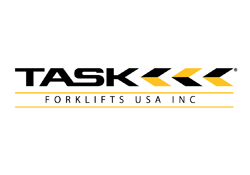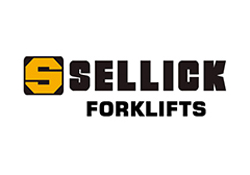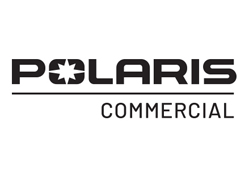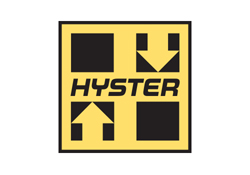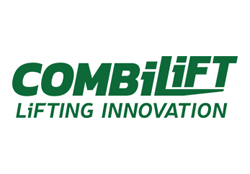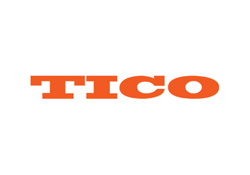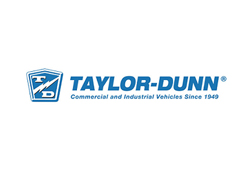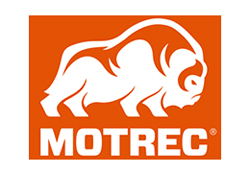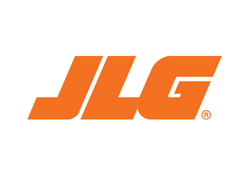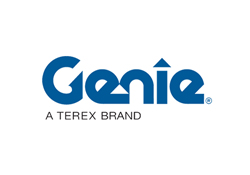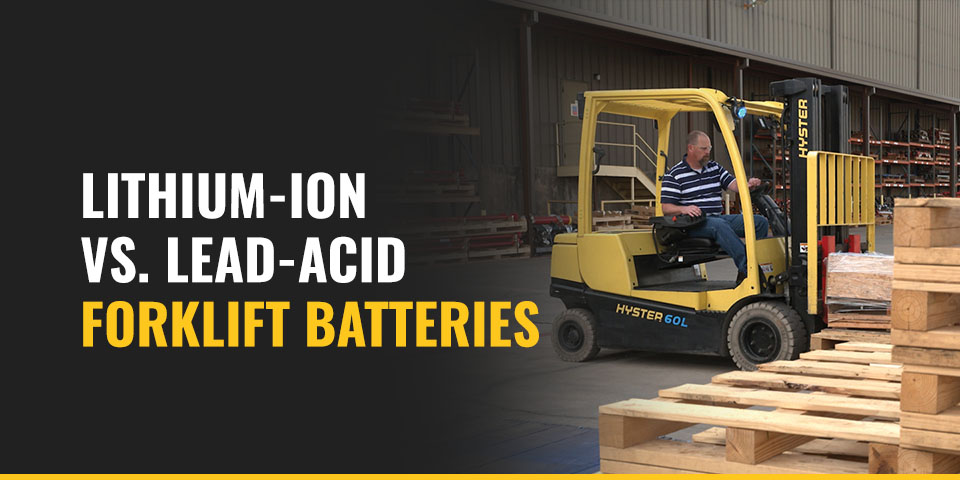
Lead-acid batteries are one of the most popular in the world due to their low cost of production. With a global market value of more than $52 billion in 2022, lead-acid forklift batteries are still a powerful and popular source of energy.
However, the rise of lithium-ion batteries makes it worth considering which industrial forklift battery will pack the biggest punch. Lead-acid batteries were the first rechargeable batteries ever produced, but lithium-ion batteries offer new advancements. So, which battery should you choose? We will explore this topic below.
Lead-Acid Battery vs. Lithium-Ion
Lead-acid batteries are wet-cell batteries most often found in automobiles. They allow for high surge currents and have a low density of energy, which enables them to start an engine. Their surge currents also mean they’re popularly used in emergency backup systems to kick-start generators and vital equipment. Forklift trucks have a unique use for these batteries because the battery weight allows for counterbalance to prevent tipping during heavy-load lifting.
Lithium-ion batteries use advanced technology and lightweight materials to deliver minimal maintenance requirements, long life cycles and high energy density. However, a lithium-ion forklift battery is lighter than a lead-acid battery, which means teams sometimes need additional counterweights to ensure equipment stability.
Advantages and Disadvantages of a Lead-Acid Forklift Battery
Many benefits come with using lead-acid batteries. These batteries have a proven track record. An over 50-year history in material handling operations means you can take advantage of a trusted, widely adopted solution. Lead-acid batteries also come in various styles to ensure a proper equipment fit. You can find these batteries with varying operator involvement, maintenance needs, cost ranges and run-time capabilities to ensure a fit that meets your unique requirements.
Consider these additional advantages:
- Affordability: Perhaps the biggest advantage of lead-acid batteries is their low cost, making them an excellent choice if working on a tight budget. You can minimize upfront investment with the lowest-cost path to electrify your fleet.
- Prolonged life: These batteries are also rechargeable, meaning you can prolong a lead-acid battery’s lifespan with recharging, depending on the application and operating temperatures.
- Reliable performance: Lead-acid batteries’ performance is consistent, making them an excellent choice for those who need a battery that will perform well but won’t fail. They’re perfect for situations where reliability is important.
Of course, lead-acid forklift batteries also have their disadvantages, one of the biggest being that improper storage and charging can diminish lifespans. Lead-acid batteries also have a low tolerance for overcharging, which can damage the battery and leave it unable to charge.
The biggest disadvantage of using a lead-acid battery is that it’s very corrosive. It can be problematic if the necessary precautions aren’t taken to avoid contact with the electrolyte. When in contact with skin, the battery will burn and cause long-term damage, especially in an acidic state.
Lead-acid batteries also require the most maintenance of any power choice, including watering, equalizing, cleaning and more, so be sure your operation has facilities to accommodate regular maintenance and charging.
Advantages and Disadvantages of a Lithium-Ion Forklift Battery
Lithium-ion batteries are a comparable power alternative to lead-acid batteries. The benefits of lithium-ion batteries include:
- Minimal maintenance: A significant advantage of lithium-ion batteries is their minimal maintenance requirements. These batteries do not need water, and most teams limit regular checks to charger, cable and plug inspections. Storing these batteries at room temperature and preventing a deep discharge can extend lifespans and ensure reliable performance.
- Charging efficiency: Most lithium-ion batteries can achieve a full charge within one to four hours. This efficiency allows teams to charge batteries between shifts or during breaks to ensure reliability. Additionally, these batteries can allow as many as 3,000 charge cycles, depending on usage and care strategies.
- High performance: Lithium-ion batteries are an excellent power solution for equipment because they provide consistent voltage and performance. These high-performance capabilities can even lead to higher energy efficiency, especially considering the lack of charging space requirements compared to lead-acid batteries.
Despite the abundant benefits of lithium-ion batteries, there are some drawbacks to note. First, the added convenience across several elements comes at a higher cost than lead-acid batteries. While many teams will still find this solution affordable, it can be a pain point for teams with budget restrictions.
It’s also worth noting that disposing of lithium-ion batteries can be more strenuous than disposing of other power sources. Teams must safely recycle these batteries by following several safety measures.
Which Battery Is Right for Your Application?
Not all forklift power solutions deliver the same benefits and capabilities. Ultimately, the right power source will vary by application, depending on your budget, performance requirements and maintenance capabilities. If you need to optimize your power solutions, consider motive power technology to meet your needs.
Motive power technology empowers you to:
- Maintain performance while reducing operational costs.
- Ensure industry compliance.
- Boost workspace efficiency.
- Cut labor costs and overcome labor shortages.
- Maximize your profit margins.
Motive power technology reduces downtime and ensures you can find the most effective and efficient operational solutions. This advanced battery technology empowers teams to overcome challenges with conventional batteries while embracing tried-and-true solutions that meet their specific needs.
Find Reliable Power Solutions With Gregory Poole Lift Systems

Gregory Poole Lift Systems is here to help you evaluate your lift truck power options. Contact us today to get started on the right path for your lift truck needs.
